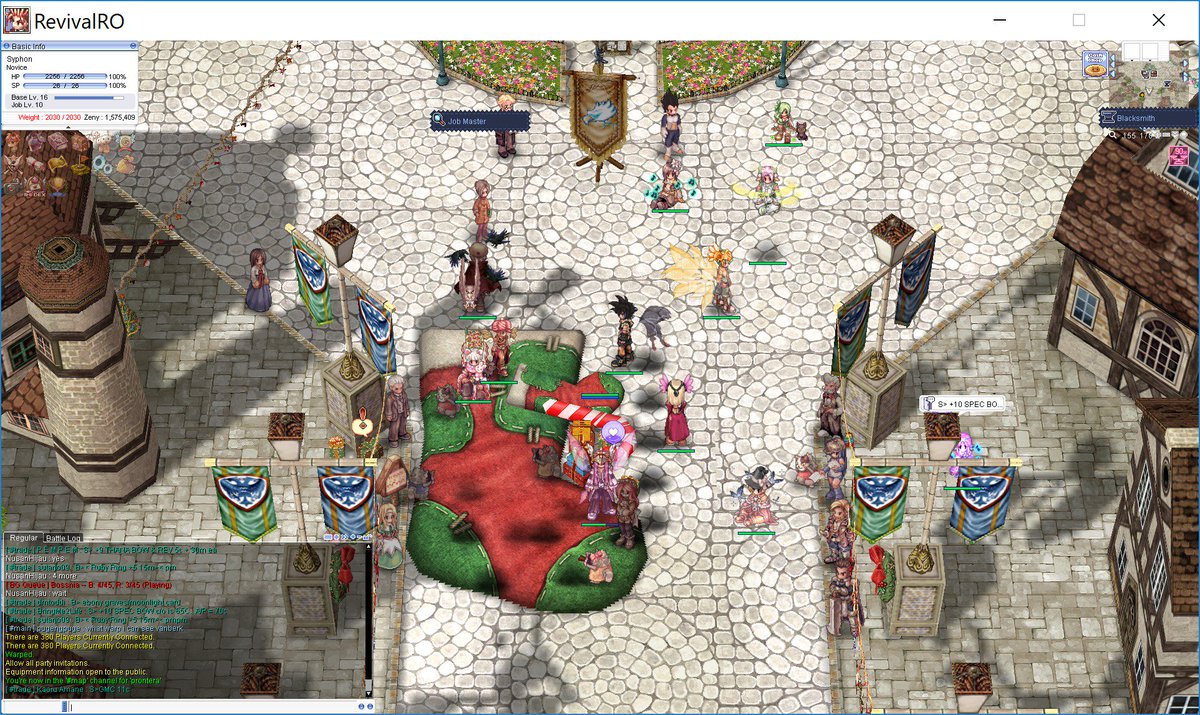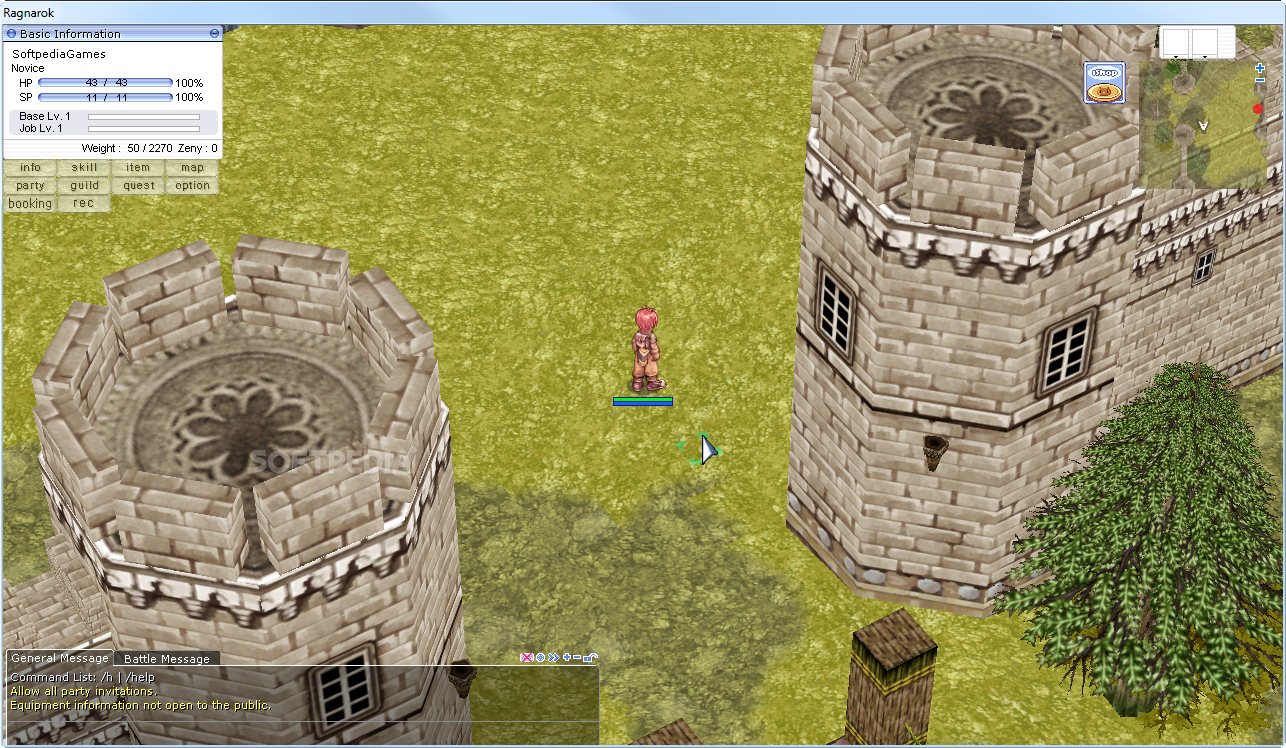

- Myro ragnarok download update#
- Myro ragnarok download Patch#
- Myro ragnarok download full#
Users with a high latency connection between themselves and the patch server they connect to, may experience either of the following issues:


Myro ragnarok download full#
Full rewrite to separate UI/misc from core, also includes liniris and general *nix support. When enough significant shared code-base updates accumulate and the binary has not been updated in a long while, a "refresh release" occurs. 
There were not many of those since the public-release, as this reflects only worst-case bugs, ex.There is currently no ETA on when it will be available.Īnd to close with some rants, the kRO mirror backup/load-balance server closed last month with 63GiB of traffic free things sure are great, aren't they? The point is, that RO Patcher Lite is only for updating on official RO Servers, the ELUR Project is to satisfy specialized patching needs, and mixing those made a mess of the original code-base. Now, what the heck is ELUR? The ELUR Project is a suite of universal auto-patcher applications, based among others on the RO Patcher Lite and ROCred code-base, that are distributed under a less restrictive extensions API. The 4.x 3) branch is on hold until ELUR is released and stable. There are also no changes to the fact, that the 3.x branch is dropped.
Myro ragnarok download update#
There will be one more update to this branch, before it is limited to critical bugfixes 1) and occasional refreshes 2) only.
It was a great help when migrating to 64-bitįor some time the 2.x branch has been limited to bugfixes (except maybe the mirror support). Since Microsoft is not going to fix a vulnerability that occurs only in one case on a 23 year old OS. So, unfortunately 1)2), VS2019 will only serve for internal builds, public builds will use VS2005 or VS2010, depending on which one does better on current hardware. Not sure why WinXP is not affected, but the general reason for this vulnerability is probably that the Win7+VS2005/2019 installation assumes the contents of pre-allocated files to be zero-initialized, which they aren't on Win98. TL DR: In short, combining Visual C++ 2005 (maybe even 2003) on Win7 (maybe even Vista) and a Win98 network share is a bad idea, as it leads to information disclosure. Doing the 64-build on Win7 locally passes the test. And a 32-bit build with VS6 on the same machine clean. To rule out the OS variable, I tried a 64-build with VS2005 on Win7 fails. Doing 64-bit builds (VS2005 and VS2010) from a remote WinXP machine worked fine. Doing 32-bit builds on the remote Win7 machine fails the test. To do tests, I made an application that fills all free disk space with the string "DISCLOSE" and ran it before every test build. Now who is at fault? The 64-bit build-chain is not local (because VS2019 does not run on Win98 obviously), so the remote Win7 machine mounts the rsu source share and builds it. Taking a look at the uploaded 64-bit releases, the result was the same, so I pulled them the 32-bit releases were clean.ĭoing a few more 64-bit compiles revealed, that the fragments come from free disk space basically an information disclosure vulnerability. That's not something that is supposed to be inside a compiled executable file, nor was it rsu source code in the first place. Whole thing started with me accidentally opening a 64-bit release in a hex editor, only to see a fragment of random source code embedded around the PE header.








 0 kommentar(er)
0 kommentar(er)
